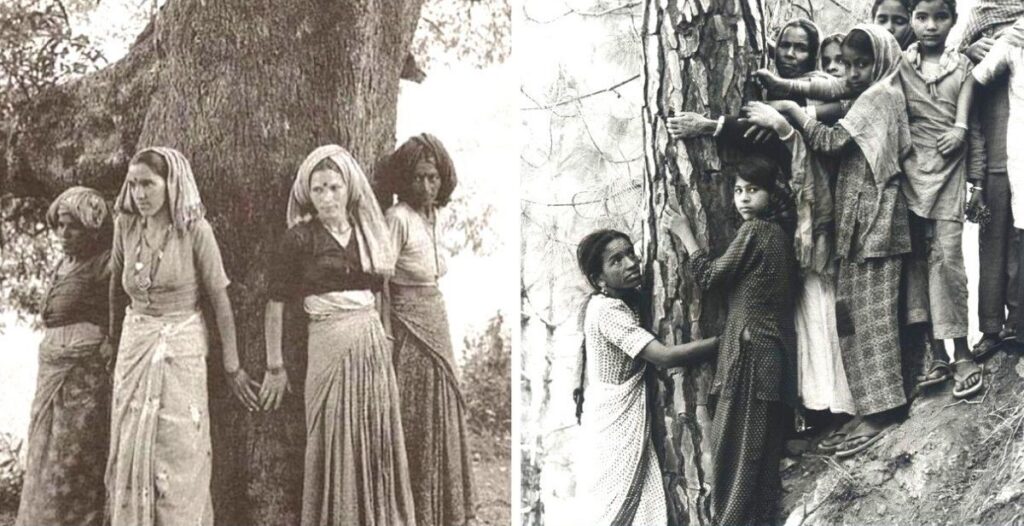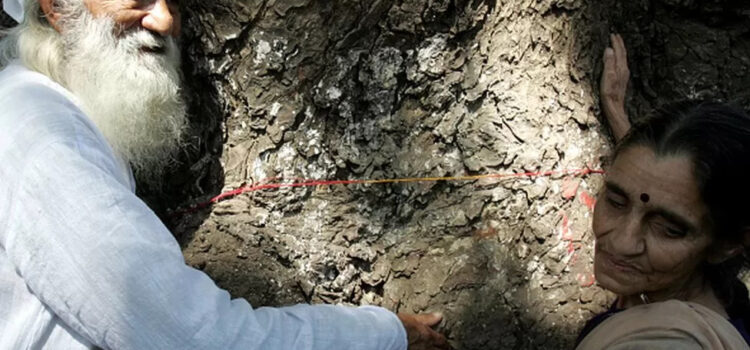Chipko Movement and Who is the Father of Chipko Movement
The Chipko movement was an environmental movement in India that emerged in the early 1970s. It was a grassroots movement aimed at protecting trees and forests from deforestation and promoting sustainable development. The term “Chipko” means “to hug” or “to cling” in the Hindi language, which symbolizes the villagers’ practice of hugging the trees to protect them from being felled.
The Chipko movement originated in the state of Uttarakhand (formerly part of the state of Uttar Pradesh) in the Indian Himalayan region. The local communities, primarily led by women, became concerned about the large-scale deforestation and logging activities that were causing environmental degradation, soil erosion, and loss of livelihoods.
The father of the Chipko movement is Sunderlal Bahuguna, an environmental activist and social worker from Uttarakhand. He was deeply involved in mobilizing the local communities and spreading awareness about the importance of forest conservation and sustainable development. Sunderlal Bahuguna popularized the slogan “Ecology is the permanent economy” to highlight the interdependence of the environment and human well-being.
One of the iconic events of the Chipko movement took place in 1973 in the village of Mandal, where a group of women, led by Gaura Devi, hugged the trees to prevent them from being cut down by loggers. This act of peaceful resistance gained widespread attention and inspired similar movements in other parts of India and around the world.
The Chipko movement played a crucial role in drawing attention to the importance of environmental conservation, the rights of local communities over natural resources, and the need for sustainable development practices. It also contributed to the formation of India’s forest conservation policies and helped raise awareness about environmental issues globally.







